Are you curious about the unpredictable and often extreme weather patterns of Chicago, Illinois? Read on to discover the secrets and mysteries behind the city’s infamous climate.
/cdn.vox-cdn.com/uploads/chorus_image/image/62976012/AP_19030608055877.0.jpg)
chicago illinois weather radar Cold weather record: Chicago set new cold weather lows in polar vortex
Chicago’s Weather Woes
Chicago’s weather is known for its sudden shifts and extreme temperatures. From sweltering summers to frigid winters, the city experiences it all. These weather variations can be challenging for residents and visitors alike, making it essential to understand the patterns and prepare for the unexpected.
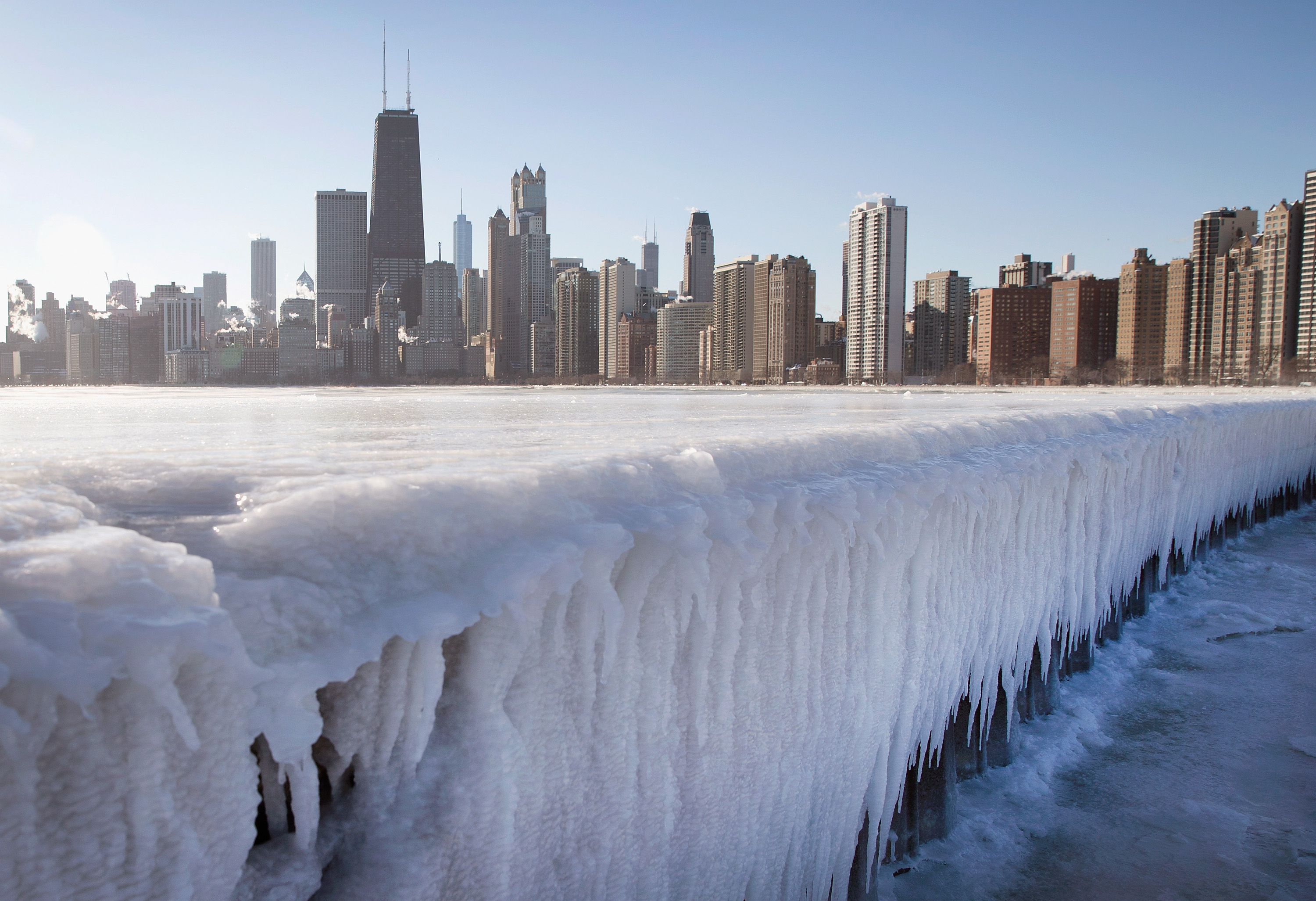
chicago illinois weather now Chicago – Winter weather covers the U.S. – Pictures – CBS News
Decoding Chicago’s Climate
Chicago’s location on the shores of Lake Michigan has a significant influence on its climate. The lake acts as a natural moderator, helping to keep temperatures cooler in the summer and warmer in the winter. However, it also contributes to the city’s unpredictable weather, as changing wind patterns can quickly bring in drastic temperature shifts.
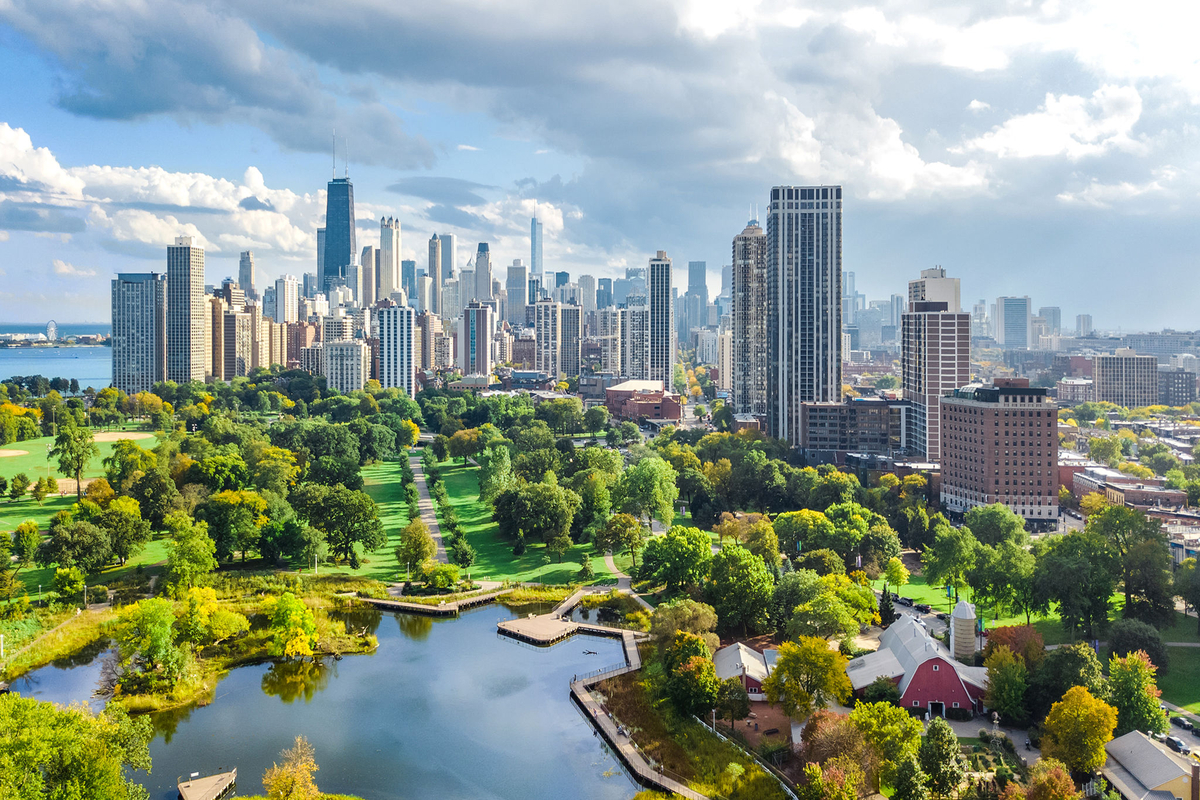
chicago illinois weather in march Weather Forecast Chicago – United States (Illinois) : free 15 day
Exploring the Extremes
Chicago’s summers are characterized by high humidity and temperatures that can soar into the 90s Fahrenheit. Heat waves are common, and the city’s dense urban landscape can amplify the effects of heat. In contrast, winters in Chicago are long and cold, with average temperatures below freezing for several months. Snowfall can be heavy, and the wind chill can make outdoor activities unbearable.
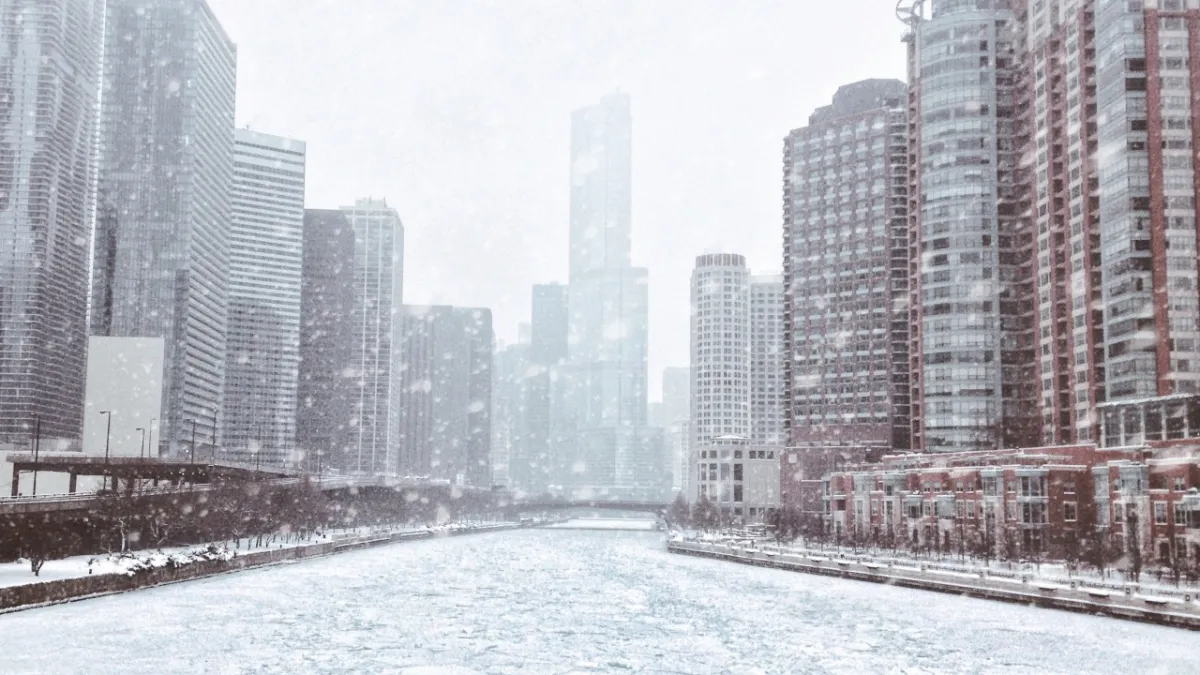
chicago illinois weather year round Winter Snowstorm to Arrive in Chicago Area This Weekend – NBC Chicago
The History and Myths of Chicago’s Weather
Chicago’s Notorious Wind
Chicago’s strong winds have earned the city the nickname “The Windy City.” While some attribute the moniker to the city’s politicians, others claim it stems from the strong winds created by the convergence of air masses from different directions. Whatever the origin, Chicago’s wind can be relentless, especially during the winter months.

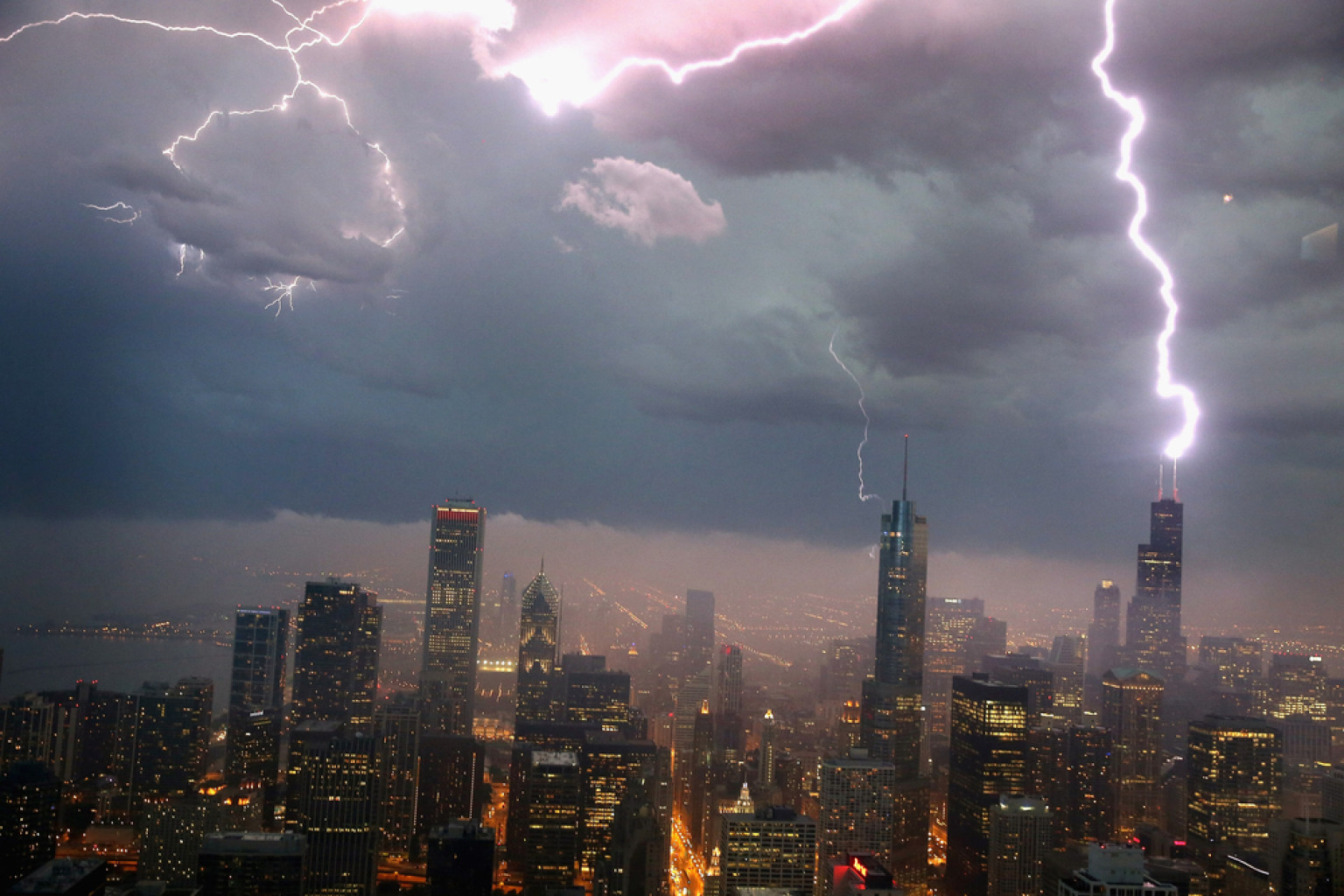
chicago illinois weather in january Chicago Weather: Thunderstorms, Cool Temperatures Ahead In Weekend
The Polar Vortex and the City of Lights
The polar vortex is a low-pressure system that forms over the North Pole and can bring extreme cold to Chicago. In 2019, a polar vortex caused temperatures to plummet to record lows, leading to widespread power outages and school closures.

/cdn.vox-cdn.com/uploads/chorus_image/image/63554590/1126248410_e1549410983835.0.jpg)
chicago illinois weather in april Chicago weather warning: Ice storm could make dangerous road conditions
Unveiling the Secrets of Chicago’s Weather
Hidden Wonders of Windy City Weather
Beneath the harsh conditions, Chicago’s weather offers hidden wonders. The city’s skyline is often pierced by dramatic storm clouds, creating breathtaking visuals. Moreover, the unique weather patterns can lead to unexpected phenomena, such as fog that transforms the city into an ethereal realm.


chicago illinois weather hourly Chicago Weather: At least 3 more inches of snow fell in Chicago area
Unusual Weather: A Chicagoan’s Tale
As a lifelong resident of Chicago, I have witnessed countless weather anomalies. One summer, a sudden thunderstorm dropped hail the size of golf balls, shattering windows and damaging cars. Another time, a blizzard dumped over 20 inches of snow, paralyzing the city.


chicago illinois weather march 2024 Hot shots photos of the day: Orthodox Christmas, US weather, Dakar Rally
Navigating Chicago’s Weather: Recommendations
Tips for Surviving Chicago’s Weather
Whether you’re a seasoned Chicagoan or a first-time visitor, navigating the city’s weather requires preparation. Always check the forecast before venturing outdoors, especially during the extreme months. Invest in appropriate clothing and footwear for all seasons, including layers and waterproof gear.

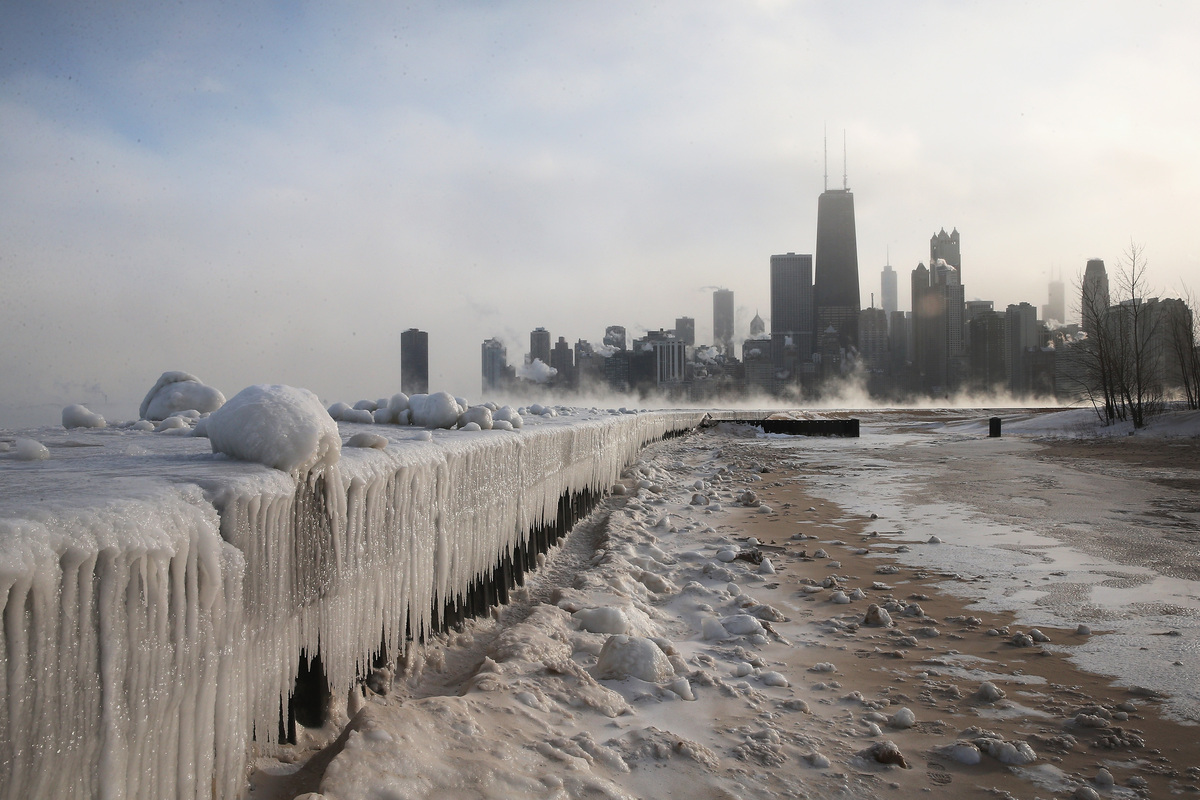
chicago illinois weather report Chicago Record Low Temperature: City Hits -16 Mark To Kick Off Two Days
Planning Your Trip Around the Weather
If you’re visiting Chicago, consider the time of year and the expected weather conditions. Summer months offer warm and sunny days, but also occasional thunderstorms. Spring and fall can be unpredictable, with fluctuating temperatures and potential for rain.

Chicago’s Weather: A Closer Look
Chicago’s weather can be categorized into four distinct seasons:
- Spring (March-May): Cool temperatures, occasional rain, and blooming flowers
- Summer (June-August): Warm and humid, with frequent thunderstorms and occasional heat waves
- Autumn (September-November): Mild temperatures, crisp air, and vibrant foliage
- Winter (December-February): Frigid temperatures, snow, and strong winds
Fun Facts About Chicago’s Weather

Did you know?
- Chicago is ranked as the 4th windiest city in the United States.
- The city’s highest recorded temperature was 105°F in 1934.
- The lowest recorded temperature was -27°F in 1985.
Predicting Chicago’s Weather: A Challenge

Meteorologists face a daunting task when it comes to predicting Chicago’s weather. The city’s location and unique weather patterns make forecasting highly challenging. Sudden shifts in temperature, wind, and precipitation can occur rapidly, making long-term predictions unreliable.
When Chicago’s Weather Goes Wrong

While Chicago’s weather is often unpredictable, it can also be downright dangerous. Extreme heat waves, blizzards, and tornadoes have all caused significant damage and loss of life in the city.
Chicago’s Weather: A List of Extremes

Here’s a look at some of Chicago’s most extreme weather events:
- 1995 Heat Wave: Temperatures soared to 106°F, causing hundreds of heat-related deaths.
- 1967 Blizzard: A massive snowstorm dumped 23 inches of snow on the city, stranding thousands of people.
- 1996 Tornado Outbreak: A series of tornadoes ripped through Chicago, causing widespread damage and killing two people.
Questions and Answers About Chicago’s Weather
Q: Why is Chicago so windy?
A: Chicago’s location on the shores of Lake Michigan and the convergence of different air masses contribute to its strong winds.
Q: What is the coldest month in Chicago?
A: January is typically the coldest month in Chicago, with average temperatures below freezing.
Q: Does Chicago get tornadoes?
A: Yes, Chicago is located in Tornado Alley and experiences occasional tornadoes, especially during the spring and summer months.
Q: How much snow does Chicago get?
A: Chicago receives an average of 37 inches of snow per year, with the heaviest snowfall occurring in January and February.
Conclusion of Chicago Illinois Weather
Chicago’s weather is a force to be reckoned with, offering a dynamic and often unpredictable experience. From the sweltering summers to the frigid winters, the city’s climate is a testament to its resilience and adaptability. Whether you’re a seasoned Chicagoan or a visitor, understanding the nuances of the city’s weather is essential for navigating its extremes and appreciating its unique charm.